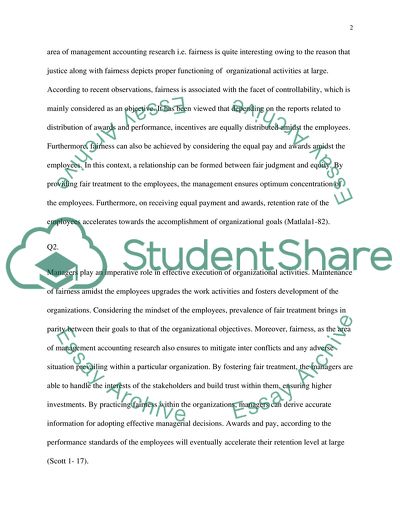Cite this document
(“Accounting Research Essay Example | Topics and Well Written Essays - 2000 words”, n.d.)
Retrieved from https://studentshare.org/finance-accounting/1623811-accounting-research
Retrieved from https://studentshare.org/finance-accounting/1623811-accounting-research
(Accounting Research Essay Example | Topics and Well Written Essays - 2000 Words)
https://studentshare.org/finance-accounting/1623811-accounting-research.
https://studentshare.org/finance-accounting/1623811-accounting-research.
“Accounting Research Essay Example | Topics and Well Written Essays - 2000 Words”, n.d. https://studentshare.org/finance-accounting/1623811-accounting-research.


